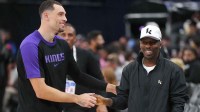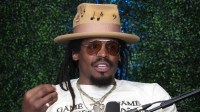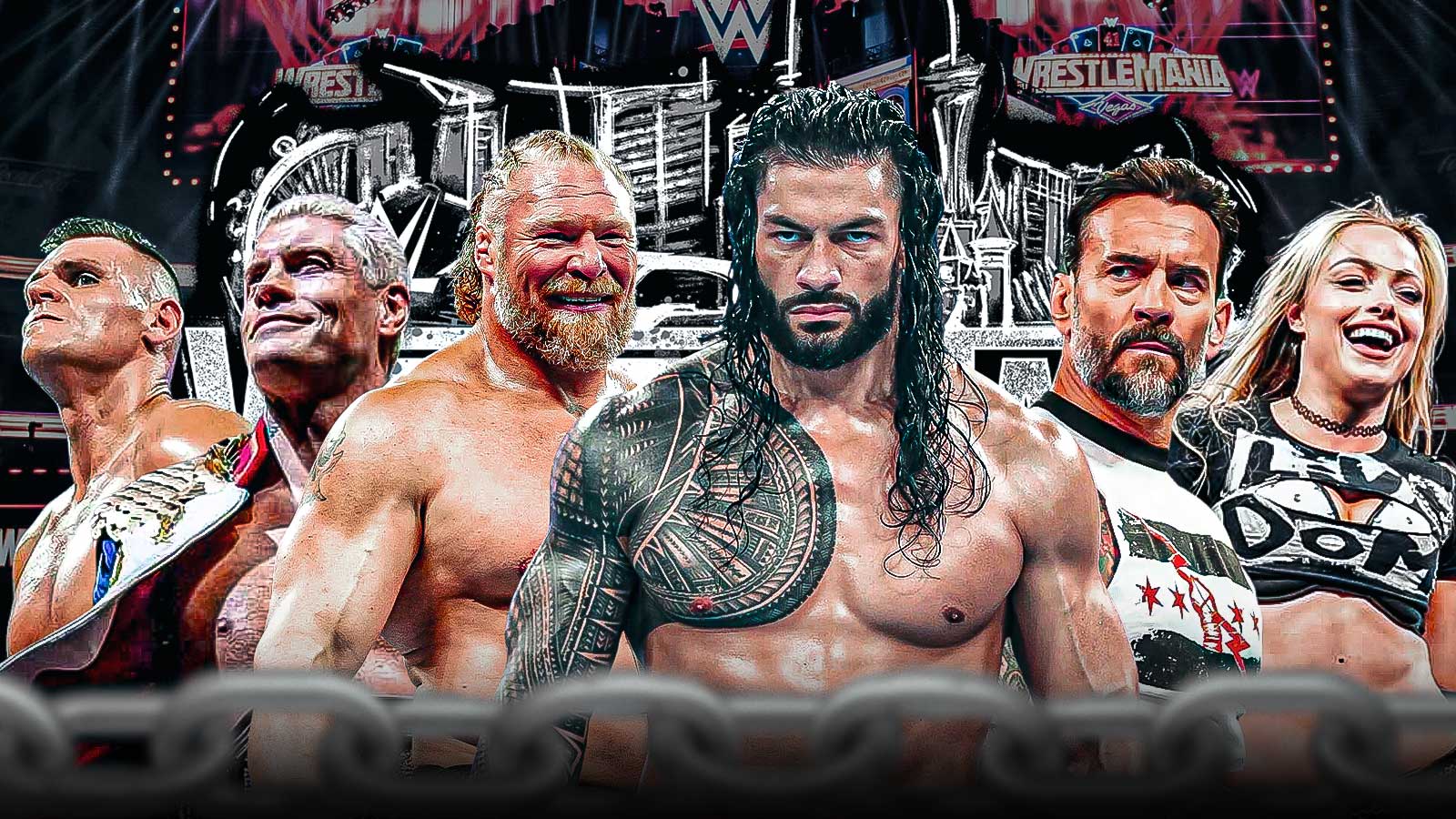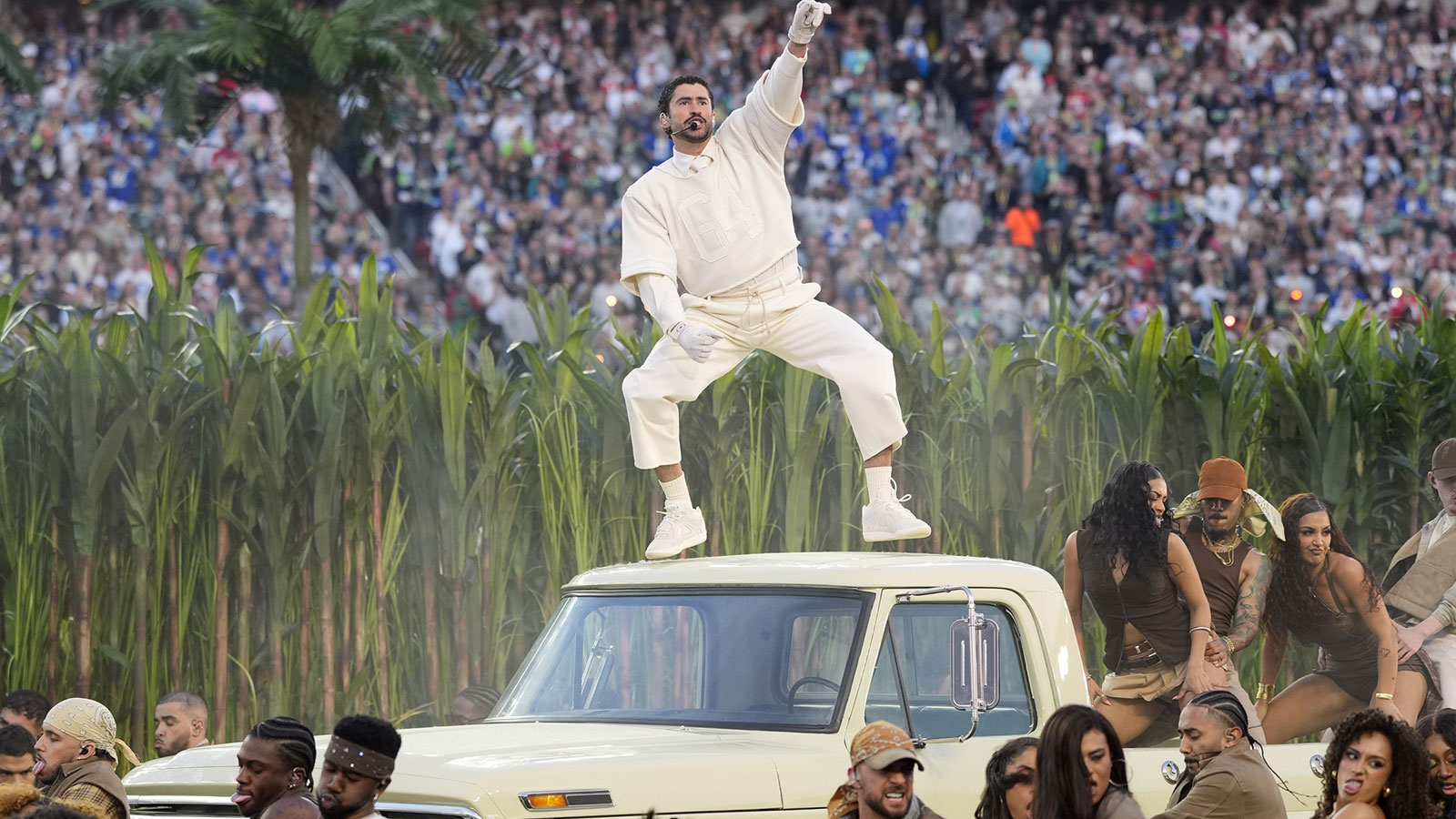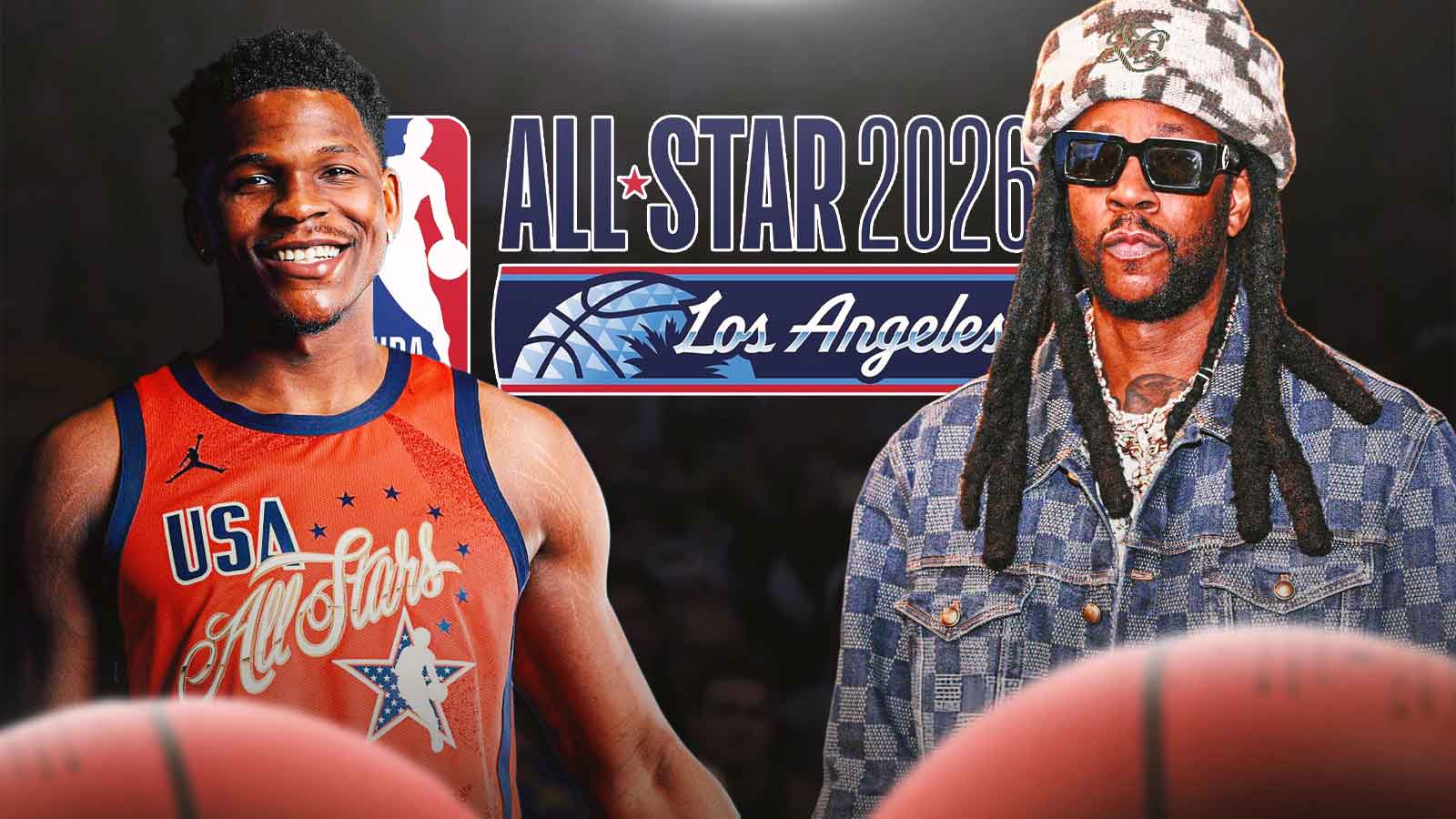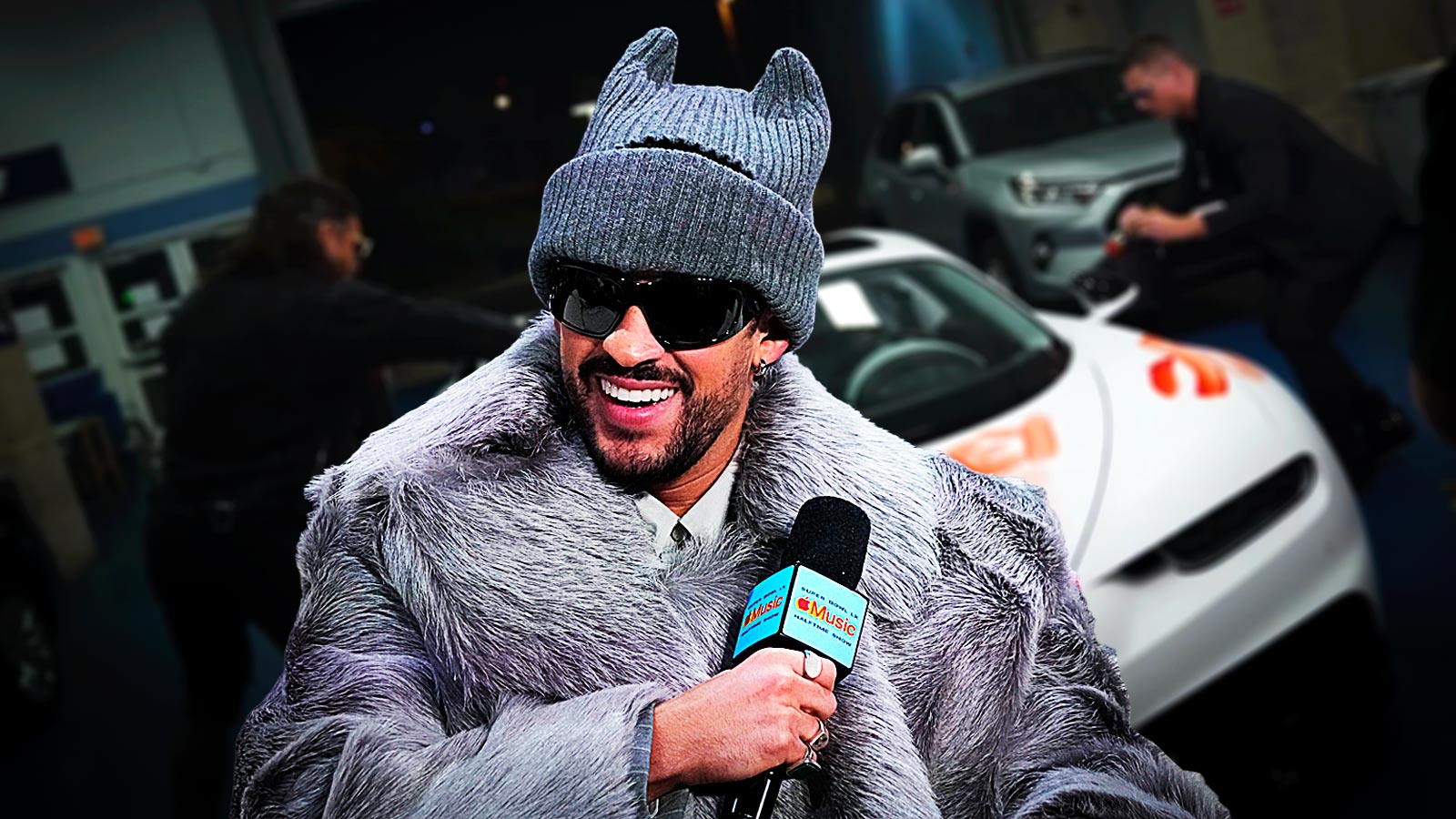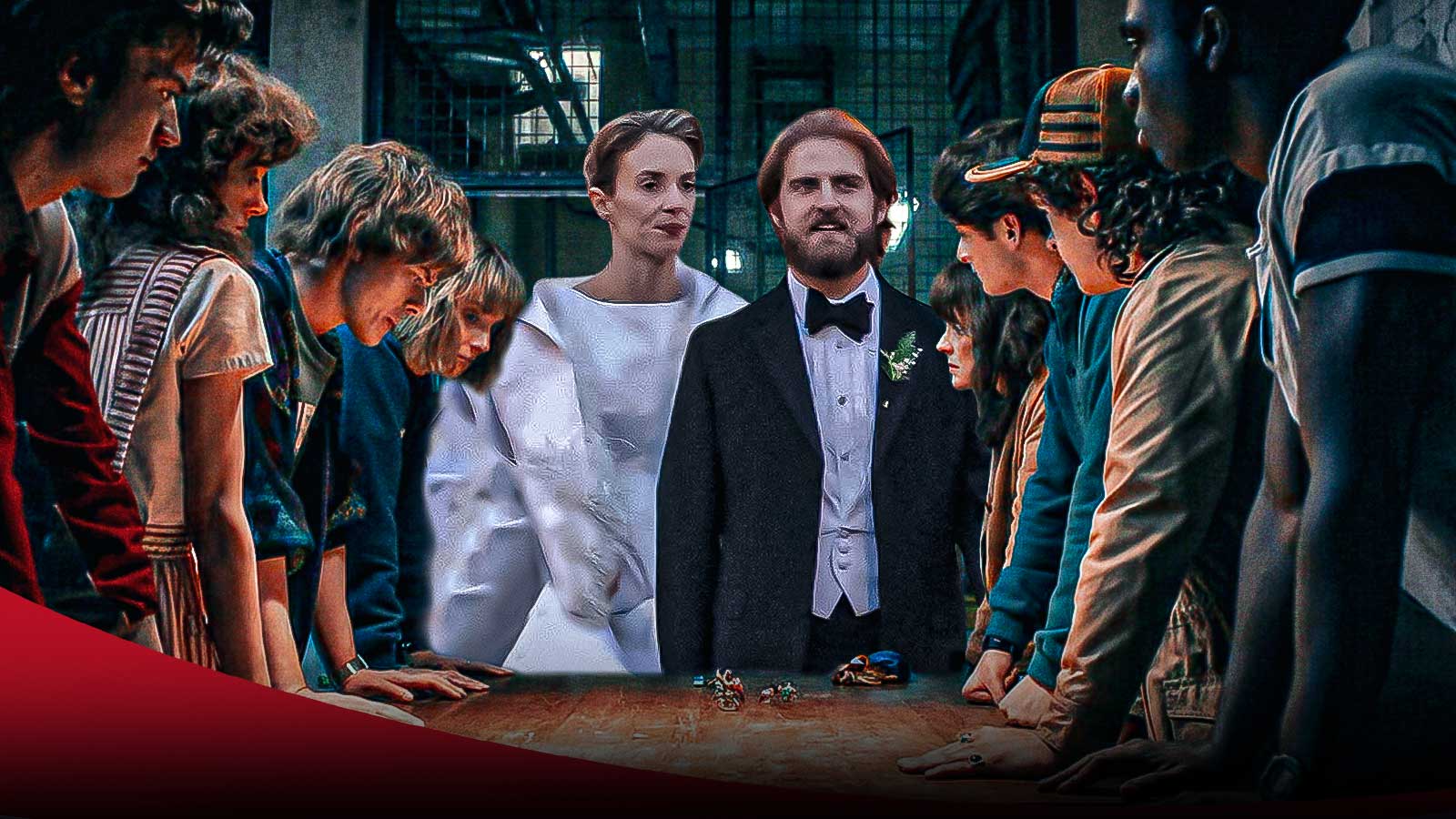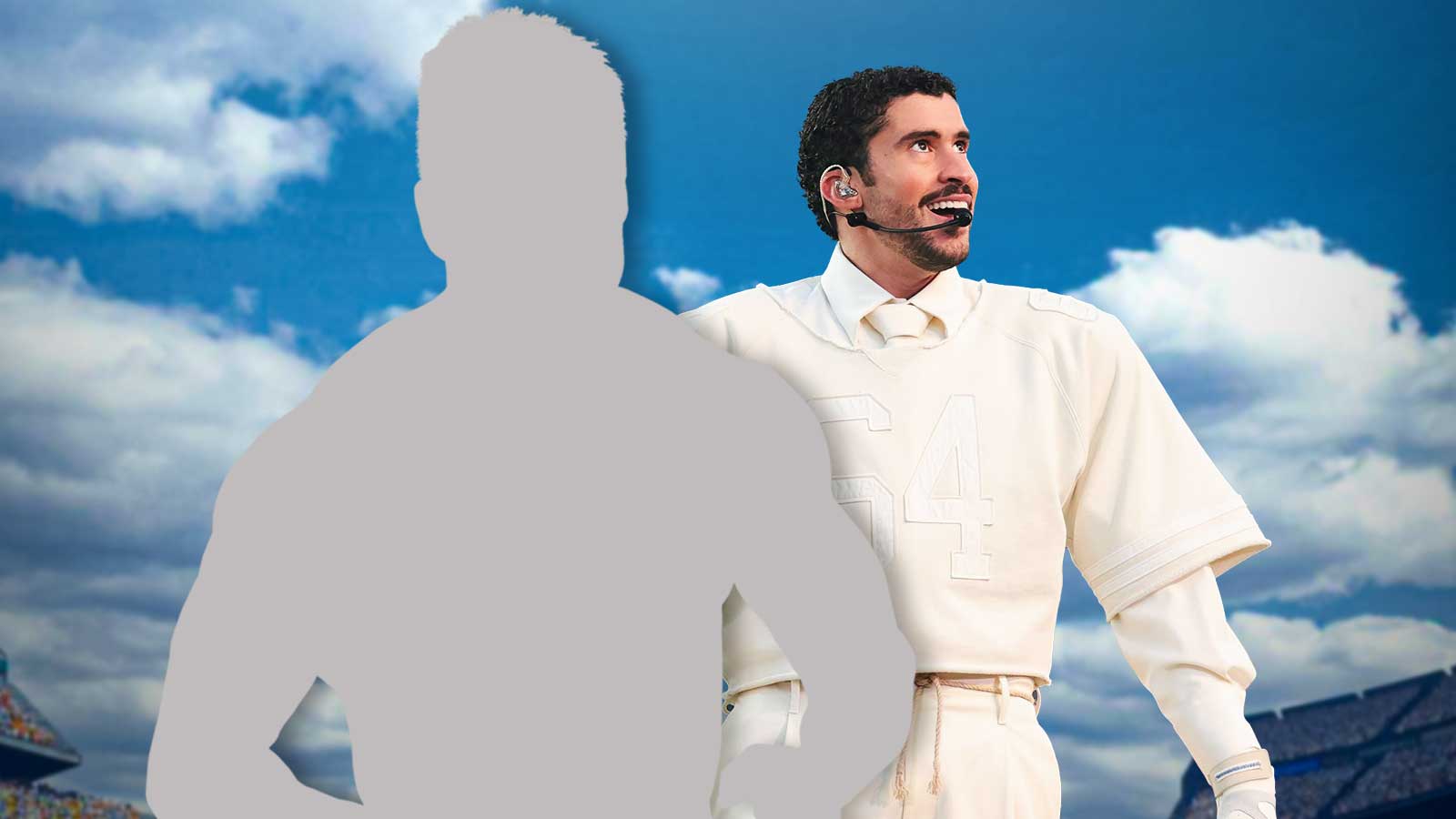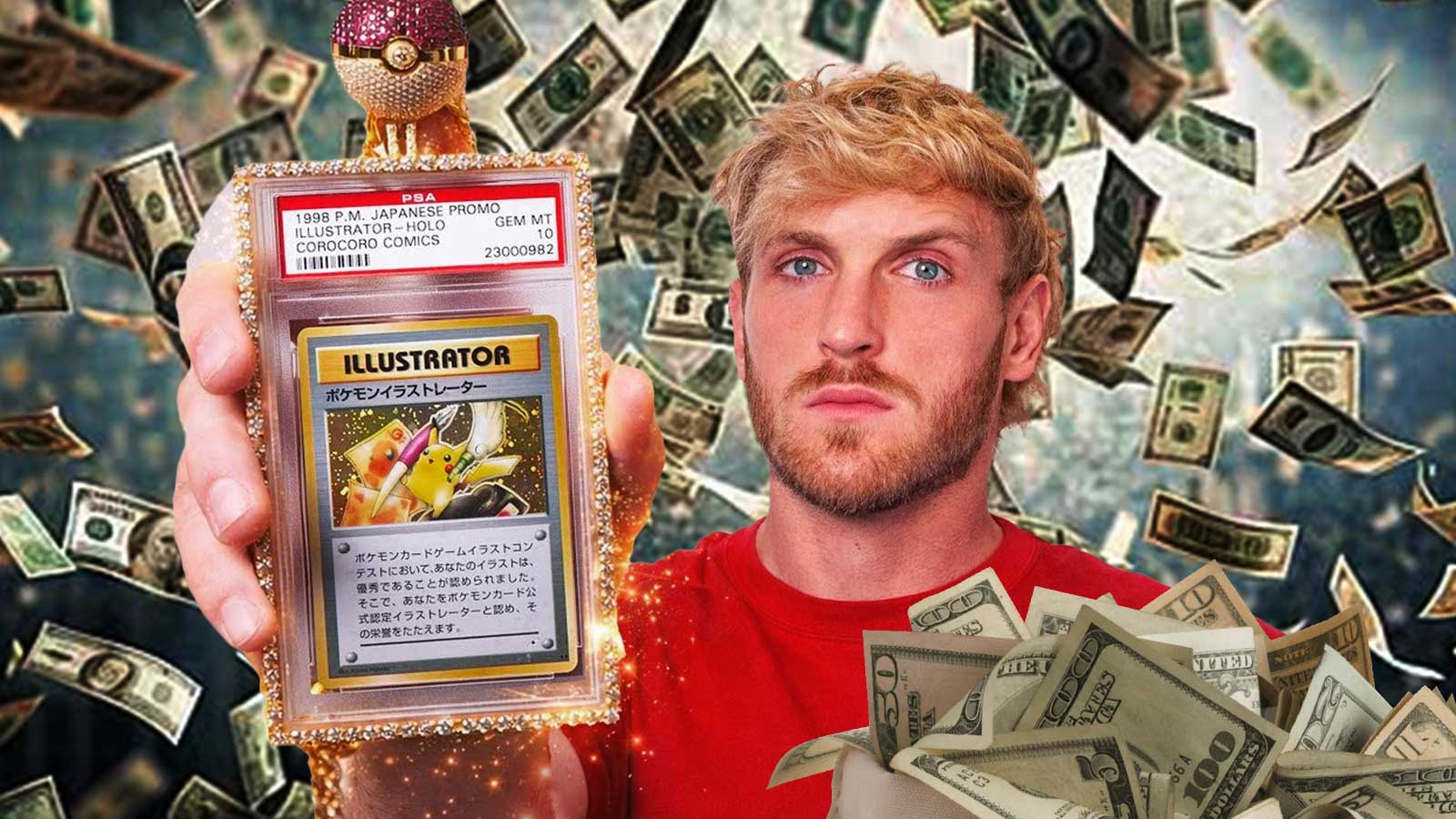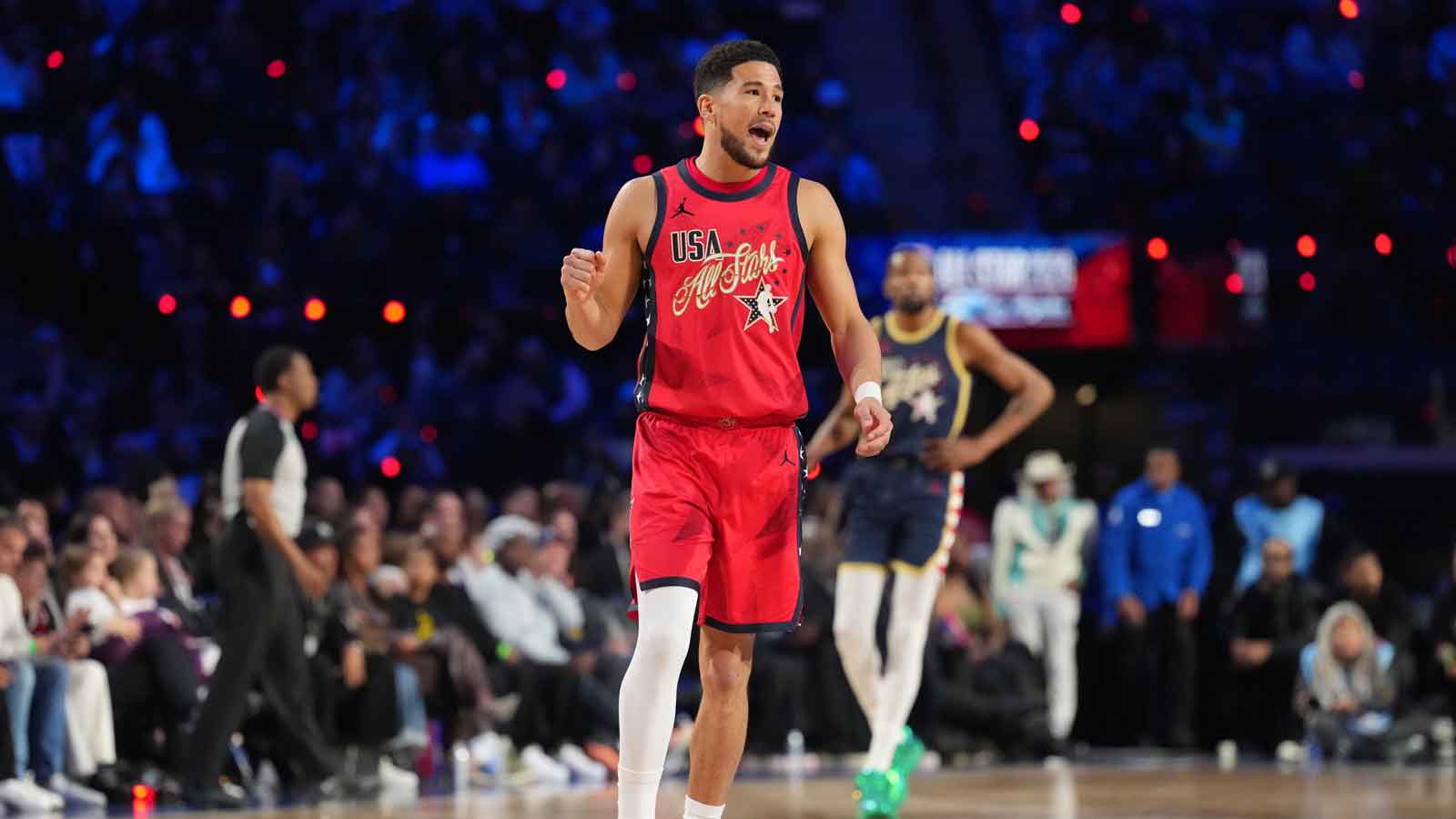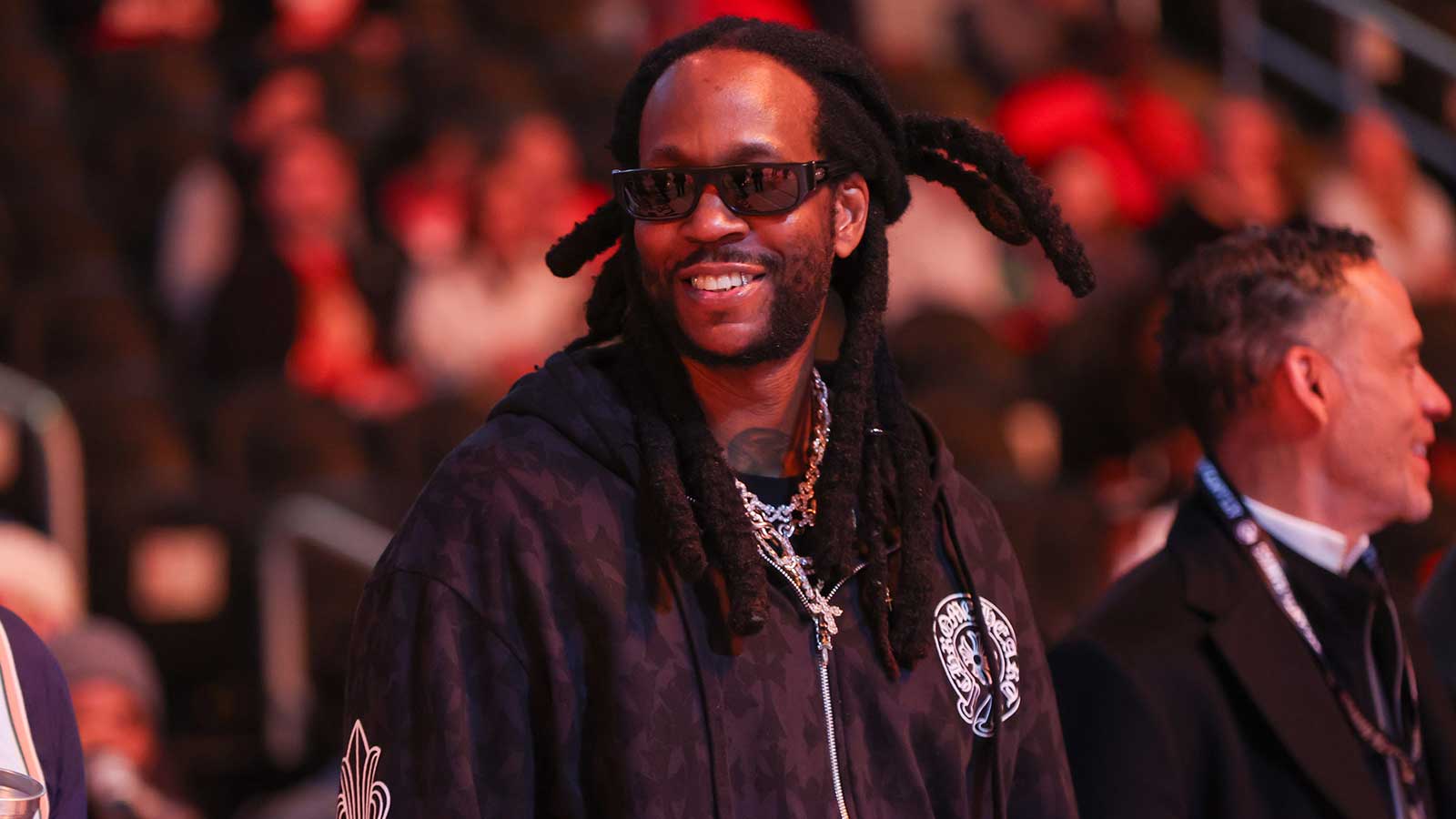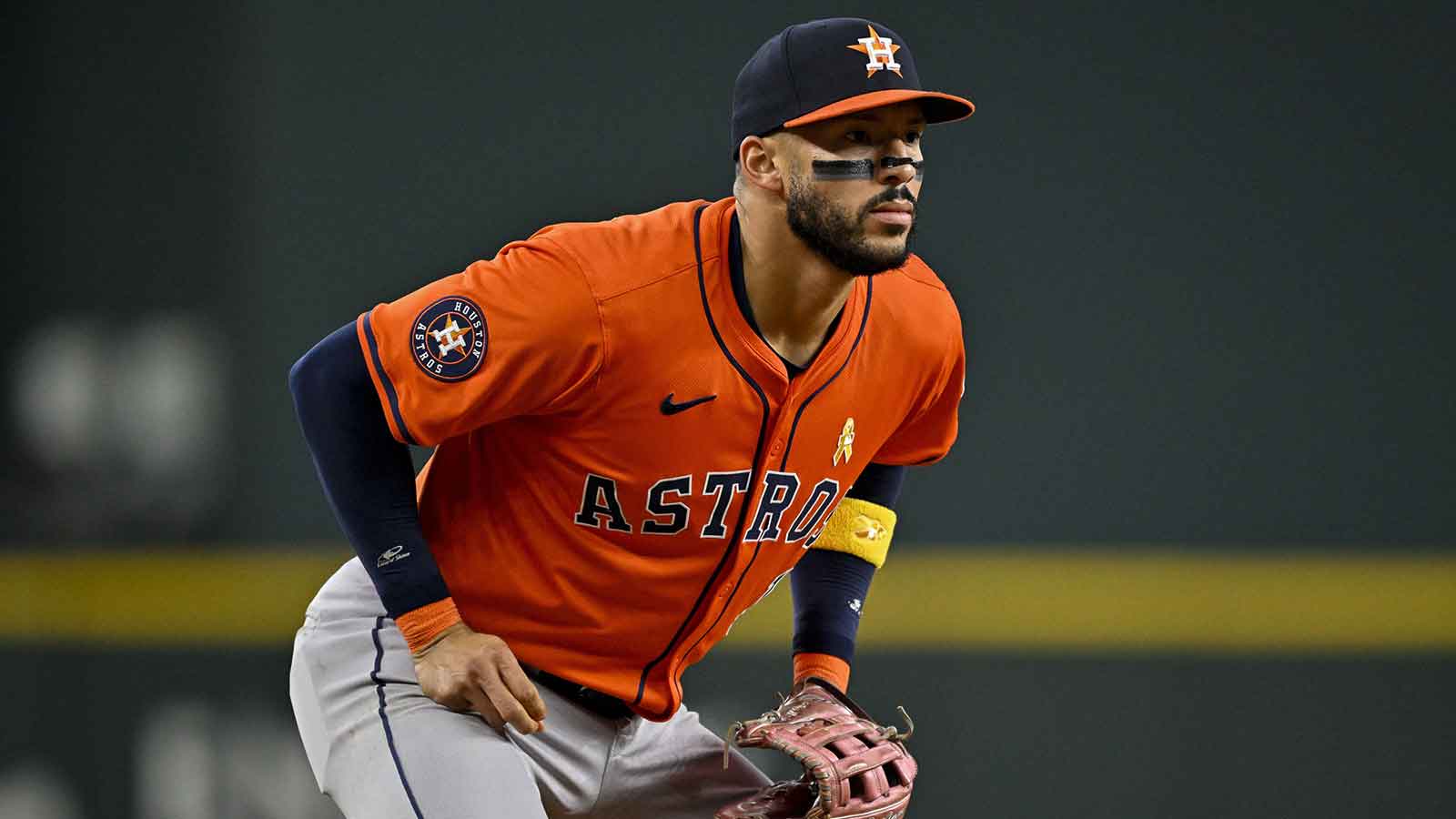Whether Tom Brady or Bill Belichick was more vital in making the New England Patriots the powerhouse they were is a debate that will live on forever. The Dynasty: New England Patriots attempts to answer this question.
ClutchPoints had a chance to speak with The Dynasty's director Matt Hamachek and author/writer and executive producer Jeff Benedict.
This 10-part Apple TV+ series dives deep into what fueled six Super Bowl wins for this unstoppable NFL franchise. Throughout it all, there were internal conflicts, along with amazing chemistry amongst the team, that led them to become champions.
It was created with over 35,000 hours of never-seen-before archival footage and exclusive interviews with players, coaches, rivals, and staff. The series is based on Benedict's NY Times best-selling book, The Dynasty.
On a rainy Thursday morning, ClutchPoints took a deep look at the new series with the director and author and learned what it took to put this incredible docuseries together.
The Dynasty director Matt Hamachek and author Jeff Benedict interview
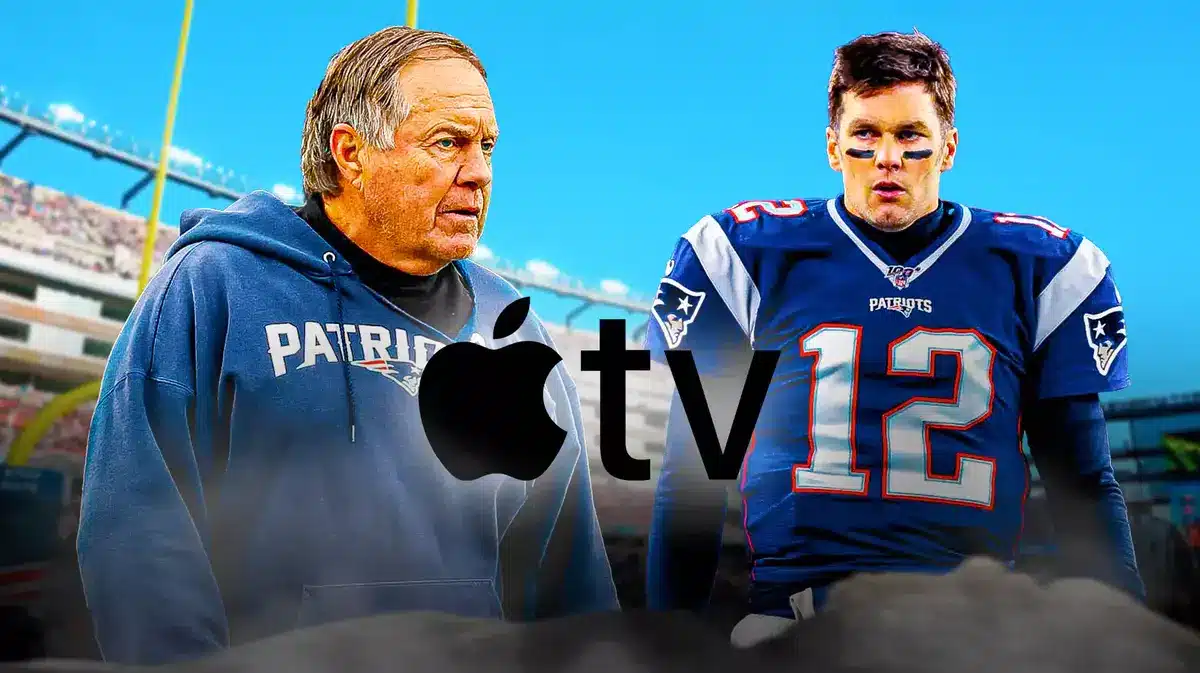
The two disclosed a lot that should make anyone enjoy the ride, whether a fan of The Patriots or not.
ClutchPoints: With all the success in the Patriots' history, what was your process like in selecting the key aspects and moments that you felt were essential to highlight in this documentary?
Matt Hamachek: I think the thing that makes this project so unique and different than anything else that's been done before is that we had access to so many different people who have been involved in the Patriot dynasty. You know, Bill had a book about him at one point, and Tom had his own docuseries, but those were very specific lenses.
And so, I think what makes this so unique is to have all these people who were in the room, in the building, with the Patriots, but then also talking to the rivals and folks outside the building. And so because of that, I think a lot of the process was listening to the people who were actually there felt about it and trying to take those stories and take the things that they said and put the audience in the position where they can feel like they were in the room in those specific moments.
Understanding why decisions got made, understanding the arguments and battles behind the scenes that nobody has really heard about. So, I think that guided us a lot, along with 35,000 hours of never-before-seen footage that we also had access to.
CP: During the interview process with Bill, Tom, and everybody else —was there anything unexpected that came about that you weren't aware of?
Jeff Benedict: I think that the answer to that is always yes.
I mean, if you're doing your job, there should be a lot of surprises in interviews. You wouldn't do this if you weren't expecting the unexpected. I think what's great about this, is because there were so many interviews, and there were lots of surprises. And I'm saying that as a guy who spent three years before this doing the book.
[I] had interviewed a lot of these people, but then this is a different kind of process when you're sitting in a chair, facing [the] camera, and being interviewed by somebody else.
Matt did an amazing job of teasing things out of people. Also, I think what's different about this is in a film/documentary series setting like this is this sense that I think participants have that they're in something with a lot of other people.
And so, people opened up more and said more things that they didn't say when I interviewed them for the book. And that's a great thing about turning a book into a docuseries is you get to go deeper, you get to go broader. You get to learn even more than you did before.
So, I'm saying, as that guy, I was surprised. And I think that's why if you're watching this thing; whether you're a hardcore Patriots fan who thinks he knows everything, or a Giants fan who hates this team, you're going to learn things and go, “Holy cow! I had no idea.” And I think that's what's so great about the series.
CP: Securing interviews with everybody: Tom Brady, Bill Belichick, Robert Kraft, can you delve into that process? Were there any challenges with talking with all of them? Were they reluctant at all to reveal too much or too little?
MH: I think the best part of this was being able to talk to these people, in many cases, for the first time on-camera, on the record. I think that the Patriots, from my perspective as a non-fan growing up, were sort of the at arms-length team, right? You basically saw the Bill Belichick press conferences. As an outsider, that felt like that was all it was. And we know how the press conferences go.
For me, what was so remarkable was to get all these people who I never really met before, who I really didn't know anything about. And how honest and revealing they were. It was like, a lot of guys, who frankly, almost to me felt like never had a chance to tell these stories before for the first time. It was like, “Oh yeah.” And as Jeff said, one of the things that helped was that not only do we have all the research from Jeff's book, but then, we talked to somebody and we'd get one detail, and the next time when we talk to somebody else, you say, “Oh, by the way, somebody mentioned….” and that leads to another thing.
So it's a long string that you start to unravel. And all of a sudden you start to get all of these details about the story that even the most die-hard Patriot fans think they know.
But I think this is an incredibly revealing story for no matter who you are. I think, more important than just sort of the hardcore fans, this is a human story that will appeal to pretty much anybody, right? Yes, it's football. But it's really a story about characters and creating something and then sustaining it and then eventually it all falling apart.
And I think watching that arc over the course of 10 episodes is what's going to be so great for the folks who are tuning in. So it was a fascinating thing for us to go through. But meeting these people and then really sort of pouring their hearts out was fascinating.
CP: With all the triumphs and success of the Patriots and all the turbulent times, when creating this story, how did you determine what to include to balance out the highs and lows?
JB: The story that is told is really the dynasty, so, the window is really a 20-year window. And knowing when that starts was pretty clear.
While the series was being made, I started working on this when Tom was still there and they hadn't won their sixth Super Bowl yet. Matt enters the picture when we started the documentary series, and really, when Matt's coming into the picture, it's right after Tom has left and gone to Tampa.
And so we knew what we were going to focus on for the series, but this was also [where] things were unfolding in the two-plus years we were working on the series.
And, you know, Tom returned to Gillette Stadium while we were making the series. He came back as a Buccaneer and played a game there, which was incredibly dramatic, and we knew we needed to be there for that. So there were certain things that happened in real time as we were doing this. But look, the lion's share of this 10-part series takes place between 2000 and 2020 when Tom leaves.
CP: It's always contested, so do you have any personal opinions about the dynasty? Do you believe it was mostly Tom or Bill?
MH: The thing that makes this project so unique is that we had access to everybody, right? We had access to, I think, 60 or 70 people — players, coaches, executives, commissioner of the league, as well as rivals.
I think the important thing here is, when you have those people, you have to listen to the stories that they're telling. And that informs the stories that you end up telling within The Dynasty, how you focus. And I think that was the key to the process. Not only listening to them, but then there's 35,000 hours of archival footage that a lot of people never seen before.
So how do you go through that and let that footage illuminate what the players and coaches and all those folks have talked about? I think that's the guiding principle of how you tell the story. And, look, I think that somebody put it best towards the end of the series when people started to debate that very question: Was it Bill or what is Tom? It's almost insulting to all the other people who came through the building over the course of the years. This is a team sport, and Scott put that very, very well. Everybody contributed.
And I know in today's culture everybody wants everything to be very binary. It's either one or the other, and it can't be nuanced or complex. But that's the great thing about telling a story like this, we have the room to tell something that isn't just black and white. It isn't easy — everything evolves and changes over time.
And that question, it's all of them moving in unison. And that's why they had so much success for so many years.
CP: What was your biggest highlight of creating this documentary?
JB: All of it!
MH: We were like a team. We had a great group of people. We had a huge team ourselves of fifty-plus people who were working for two-and-a-half years on this thing. And I think that collaborative process for us, with editors like Dan Koehler, to producers like Dallas Brennan Rexer, there were so many people.
The folks at Imagine, the folks at Apple — I mean, there's a lot of people working together. It's 10 parts, it's two-and-a-half-years, it's all this footage, all this work. It can't possibly be just me and Jeff doing this thing. So, you know, it was really the chance to work with that many people that made it so great.
The Dynasty: New England Patriots comes out on February 16 on Apple TV+.






